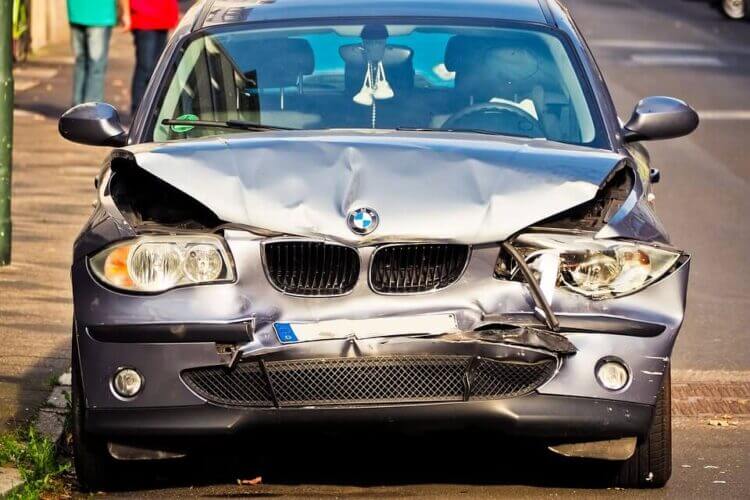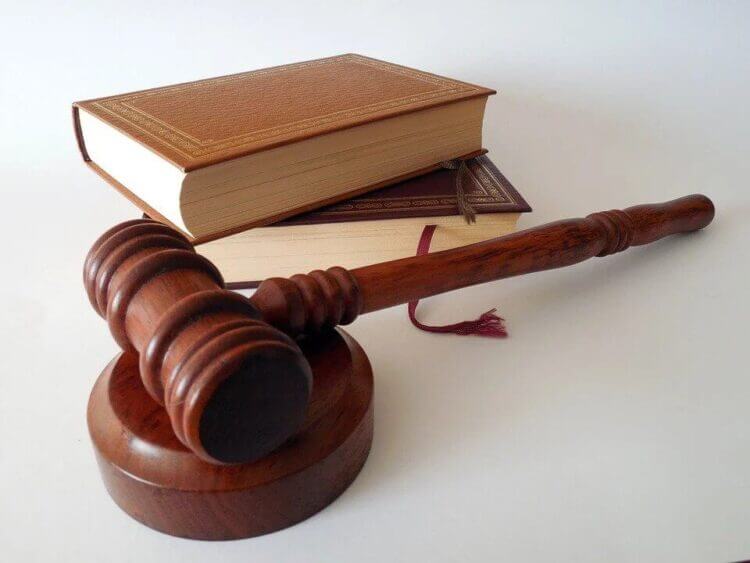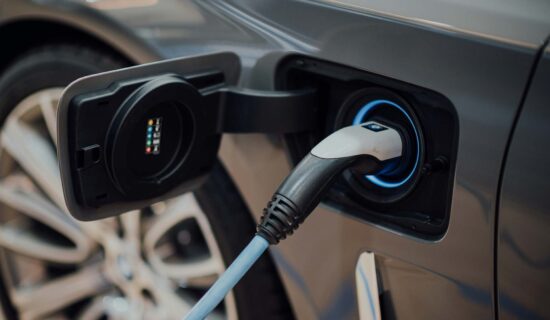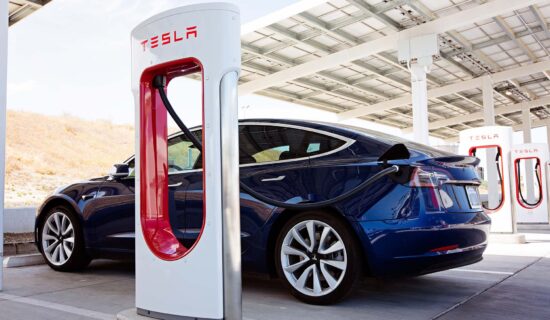How Insurance Companies Determine Total Loss
Whenever you have an accident, you have to report it to your auto coverage provider immediately. If you’ve had a particularly unfortunate accident, your insurance company will have to determine whether the car is totaled and reflect on your premium later on. For your coverage company to determine the level of damage, they use a formula known as the total-loss formula.
Cost of repair + salvage value > Actual Cash Value (ACV)
A basic example of this formula is if you have a car that is $5,000 to purchase. Then let’s say you have an unfortunate accident, and the price to restore it is $5,500. The amount of restoration and recovery is higher than the car’s actual worth and will most likely be deemed as totaled. It can even happen if the price of restoration is less than the cash value as each determining factor can vary from state to state.












